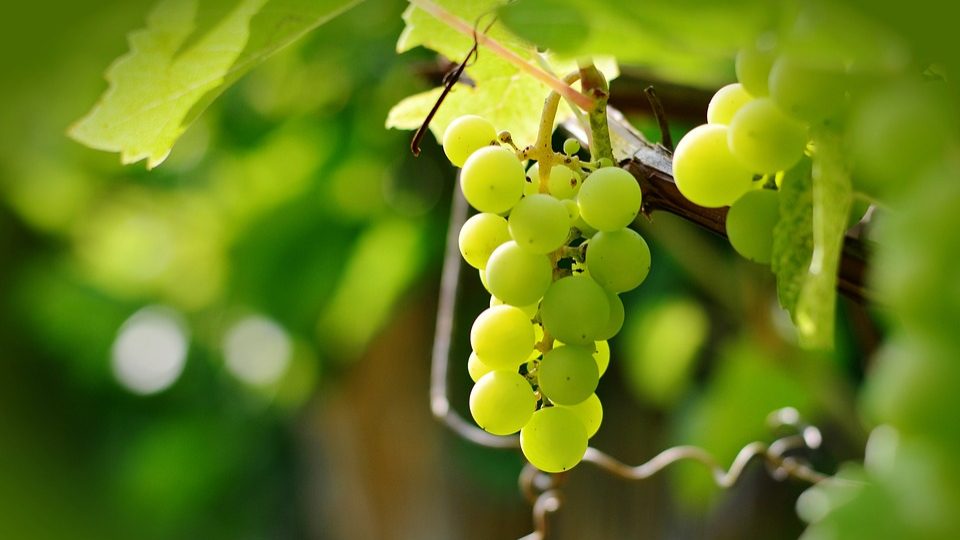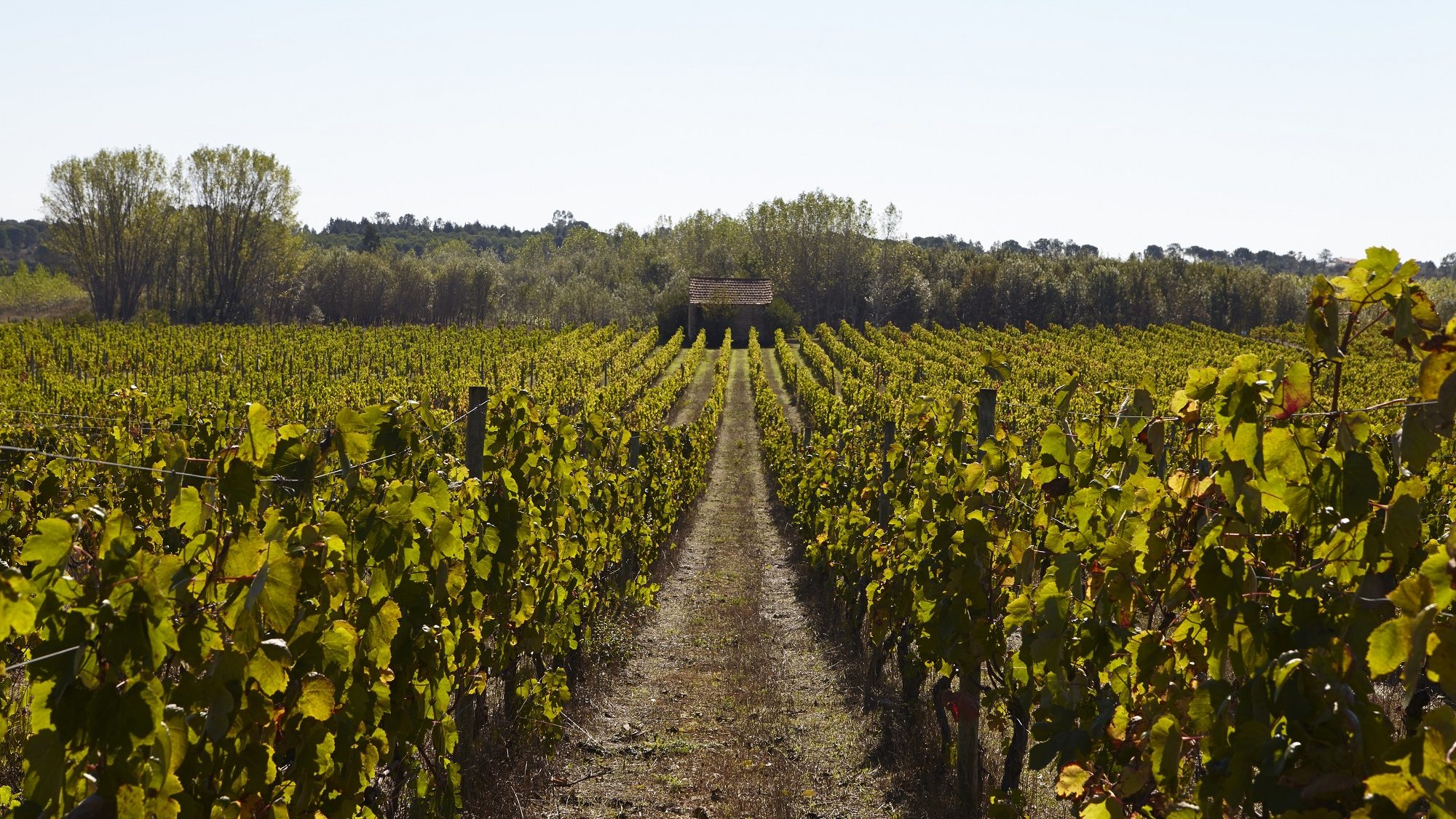Wine tourism attracted 10% of tourists in recent years
The state has been working in a very focused way on wine tourism since 2019, and we can already say that 10% of those who visited Portugal in recent years came with motives associated with wine.
Portugal’s secretary of state for Tourism, Rita Marques, on Friday highlighted that 10% of those who visited Portugal in recent years, before Covid-19, chose the country for reasons associated with wine, choosing to do wine tourism.
The government has been working in a very focused way on wine tourism since 2019, and we can already say that 10% of those who visited Portugal in recent years, before the pandemic, came exclusively with motives associated with wine, Rita Marques said.
Portugal is one of the few European countries that have a specific action plan for wine tourism, and the bet in this sector is a path that the country is following, stressed Marques said, who was speaking to Lusa news agency in Monsaraz, municipality of Reguengos de Monsaraz (Évora).
On the sidelines of the closing of the 5th Global Conference on Wine Tourism promoted by the World Tourism Organisation (WTO), Rita Marques said that this event marks the country’s commitment to continue working on this agenda, where “a lot” has already been done, but where there is still a long way to go.
She recalled that the national action plan for wine tourism has four major dimensions, starting with the ‘terroir’, that is, working the territories with the 14 wine committees spread across seven regions.
“Then, working the quality product, how it is presented, how the tourist can well appreciate it”, she said, adding that also it is quite important the training and qualification of people, as well as the promotion and the continuous addition to the value chain.
And sustainability, in which tourism has played an important role because it has taken a very strong leadership, has to be part of the DNA in Portugal, argued Rita Marques.
Recalling that many of the 14 Portuguese wine regions develop their activity in rural and inland territories, Marques warned that, as a result of the Covid-19 pandemic, wine tourism in these regions might benefit.
“The reasons for travelling have changed slightly. We all seek places where we can be a little more isolated from the hubbub of the cities,” and there is a greater appetite to taste products of the earth, whether gastronomic or viticultural, she said.
And it is necessary to provide products, experiences, and diversity to visitors because Portugal has to ensure that visitors can stay longer, i.e. beyond the average of 2.7 nights stay, to ensure more economic value.
The WTO conference in Monsaraz began on Thursday and ended today and was promoted with the support of Turismo de Portugal and the Alentejo town council.


